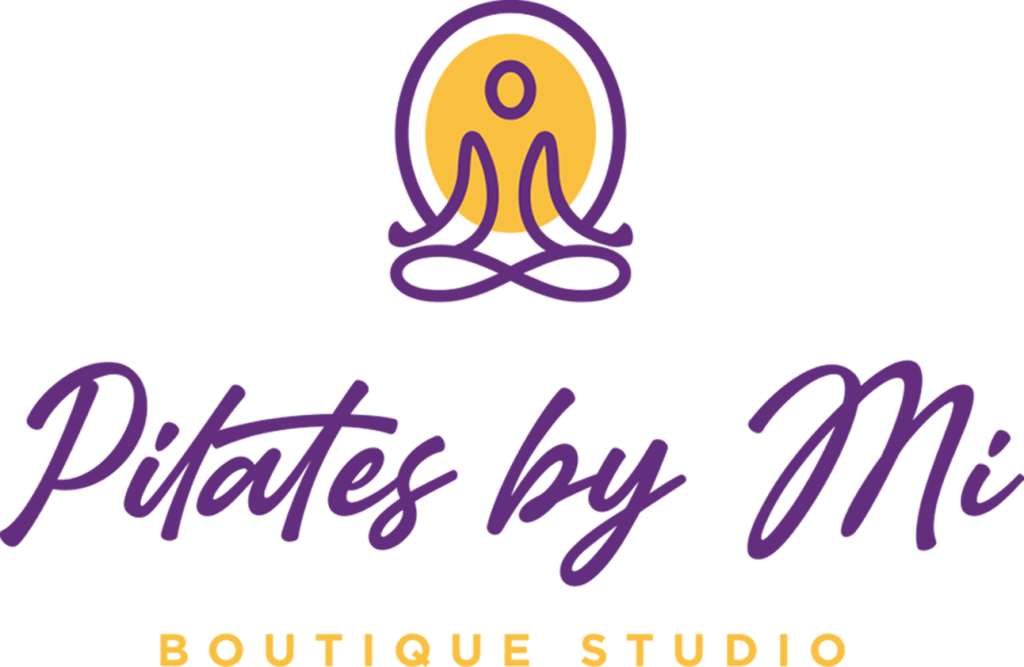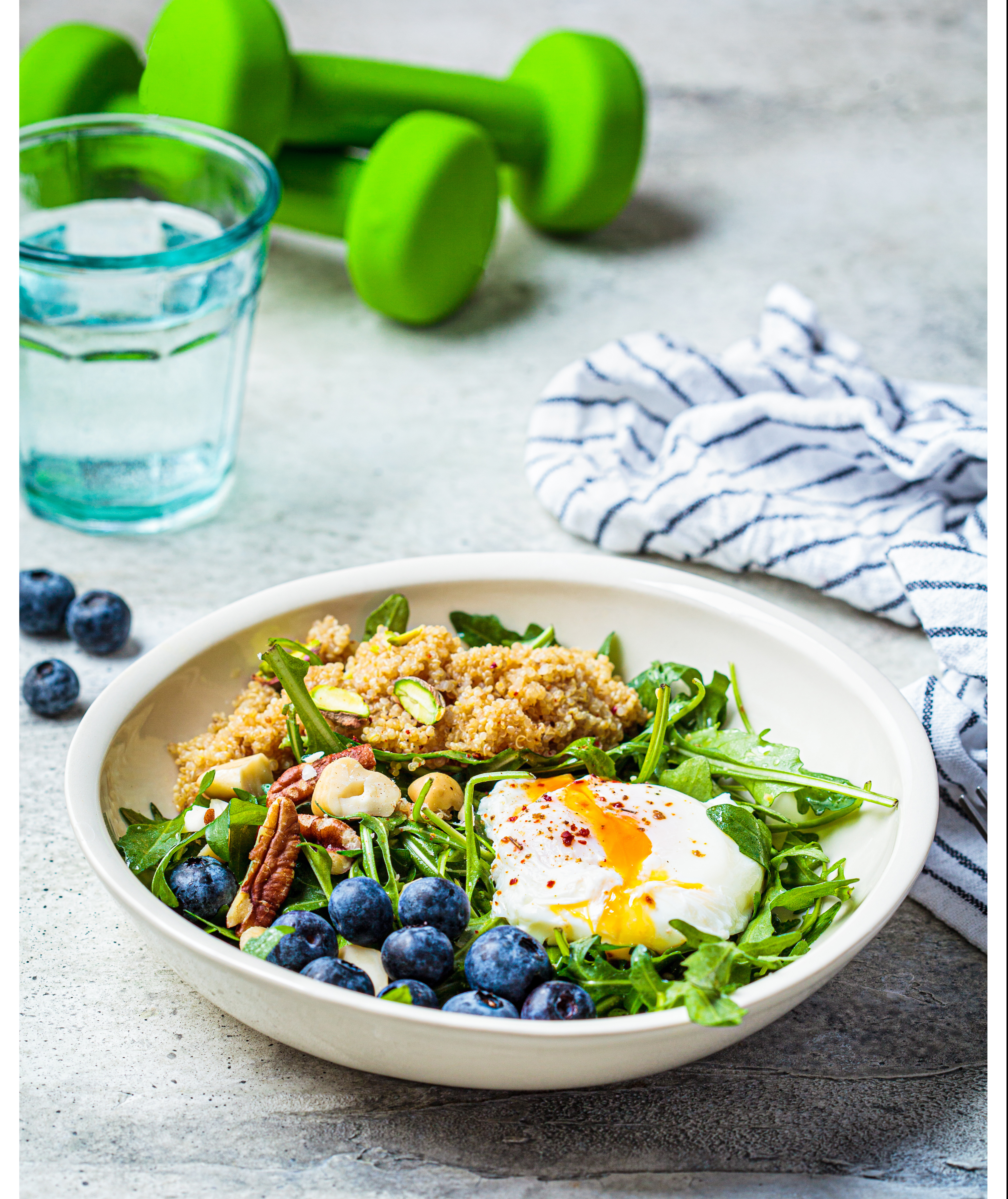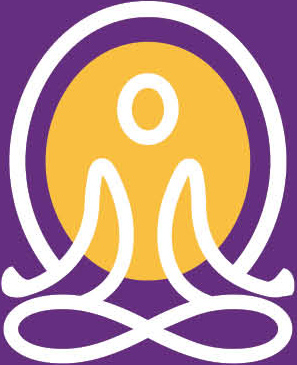Until 10 years ago, the prevailing belief in the world of science was that after physical training, one must consume protein immediately after the activity for muscle building. They thought there was a 30-minute ‘anabolic window’ in which the muscle is built.
Today, this is a myth. And it’s been debunked! There is no such thing as an ‘anabolic window.’ You can also eat two hours after the workout. But even here, everything is individual, and not one size fits all.
And why? Because if a person is hungry and used to eating after exercise, it’s entirely legitimate. And if we eat, we’d also want to consume protein, not because we’re right after exercise but because the daily protein amount is what’s important and required for muscle building.
As long as a person consumes a sufficient amount of overall protein in a day, there’s no need to chase protein immediately after the workout.
But there are a few exceptional cases:
– After aerobic exercise, you should eat carbohydrates and protein up to an hour after the workout (we’ve burned a lot of energy and calories, so we need to replenish it).
– A combination of strength and aerobic training – eat carbs and protein.
– When training twice a day, and the next workout is less than 8 hours from the current one, combine carbohydrates with protein.
– If you’re in a fasting state, for example, if you did a morning workout and didn’t eat anything before or if you worked out about 3 hours before, you’ll want to eat a meal after the workout.
So, we’ve discussed the timing of post-workout meals, but what about what to eat after a workout?
Our main goal after a fitness workout is recovery.
That is, to return the body to its previous state and improve it through muscle building, and this is achieved through proteins.
After a workout, especially an intensive one, you should eat about 20-40 grams of protein.
How do you get 25 grams of protein?
– Protein shake
– Pro yogurt
– Cottage cheese
– Half a block of tofu
– 100g chicken breast
– 90g salmon
– 3 eggs
– Protein powder scoop
– Tuna can
What’s the connection between protein and muscle building?
During prolonged physical exertion, we use the protein found in the muscles (actin and myosin proteins). The process that happens when muscle resistance is created is an inflammatory process! Inflammation occurs among the muscle fibers, and thus, the muscle breaks down.
So during exercise, we break down the muscle. Is that a bad thing?
Not at all. Why? Because after the workout, the muscle rebuilds itself, and in a better way. That’s how the muscle grows!
But!
If we don’t provide the muscle with the required nutrition – it won’t build, and then only damage will occur.
So rest between workouts and sufficient protein intake, in general, and quality protein, in particular, are the keys to the ideal workout and the renewed building of muscle fibers.
Protein – the most important component of muscle building.
Protein consists of amino acids – they are just like Lego blocks, their combination creates the larger protein in general and the muscle in particular. The muscle is protein!
And what is considered quality protein? Protein that contains the amino acid leucine.
Leucine amino acid exists in dairy products, meat, fish, soy, and more.
It is one of the essential amino acids responsible for muscle building.
Regarding carbohydrates, after intensive exercise, you also want to eat carbohydrates. There is no obligation to eat carbohydrates, but of course, they contribute to the feeling of satiety, and we want to feel satisfied with our meal. It’s reasonable to assume that we’ll also eat carbohydrates after the workout in addition to protein. But there’s no necessity for carbohydrates as there is for protein.
The longer and more intense the aerobic exercise, the more carbohydrates are used (glycogen reservoirs), and we need to supplement more carbohydrates at the end of the workout. As for strength training, no studies show a defined need for carbohydrates after a workout. So, you can make do with sufficient protein intake and fewer carbohydrates, paying attention to the body’s sensations, its energy level, hunger, and satiety mechanisms.
Examples of post-workout meals:
– Pro yogurt with granola
– 2 slices of whole wheat bread + cottage cheese + an egg
– Toast + cottage cheese
– Chicken breast/fish + rice/quinoa/lentils
* The amounts vary according to each person. As I always say, everything depends on the number of workouts, the frequency of the workouts, and the intensity of the workouts. If you work out every day, multiple times a day and with high intensity, you will need to consume more calories and more protein compared to someone who trains with low intensity twice a week. So, personal adaptation is essential; consult with a qualified professional!
In summary, the most important thing is to maintain a sufficient daily protein intake throughout the day. You don’t need to be stressed and drink a protein shake right at the gym. You can relax and wait for it. But of course, don’t forget that the daily protein amount is what’s crucial for building your muscles. And if you haven’t eaten all day, you won’t be able to eat enough protein in one meal, which could harm muscle building. Make sure that you, as exercisers, adhere to no less than 1.7-2.2 grams of protein per kilogram of body weight. As long as you adhere to this throughout the day, you’re on the right track!


